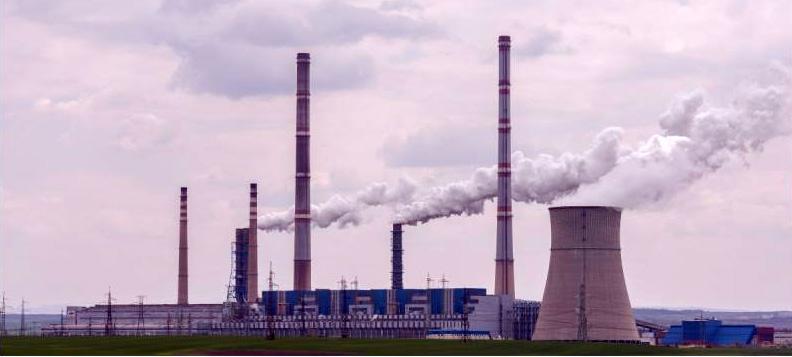
- nripage
- 29 Oct 2024 12:27 AM
- Nature
The Impact of Climate Change on Biodiversity
Climate change is one of the most pressing challenges of our time, profoundly affecting biodiversity across the globe. As temperatures rise, ecosystems undergo significant alterations, leading to shifts in species distribution, changes in reproductive patterns, and even the extinction of vulnerable species.
One of the most visible impacts of climate change on biodiversity is the alteration of habitats. As global temperatures increase, many species are forced to migrate to cooler areas to survive. For example, polar bears, which rely on sea ice for hunting, are facing severe challenges as Arctic ice melts. Similarly, mountain species are pushed to higher altitudes as their lower habitats become too warm, leading to a shrinking of their livable space.
Climate change also affects the timing of natural events, such as flowering and migration. Many plants are flowering earlier than usual due to warmer temperatures, which can disrupt the delicate balance between plants and the species that rely on them, such as pollinators. Additionally, migratory birds may arrive at breeding grounds earlier or later than before, potentially leading to mismatches in food availability.
The impact on marine life is equally concerning. Ocean acidification, driven by increased carbon dioxide absorption, threatens coral reefs and shellfish populations, which are critical to the marine food web. Warmer ocean temperatures also lead to coral bleaching, where corals expel the algae that provide them with energy, often resulting in the coral's death.
The loss of biodiversity due to climate change has far-reaching consequences. Ecosystems become less resilient, reducing their ability to provide essential services such as clean air, water, and food. Protecting biodiversity in the face of climate change requires global cooperation, conservation efforts, and policies aimed at reducing greenhouse gas emissions. By taking action now, we can help preserve the planet's rich biodiversity for future generations.





































